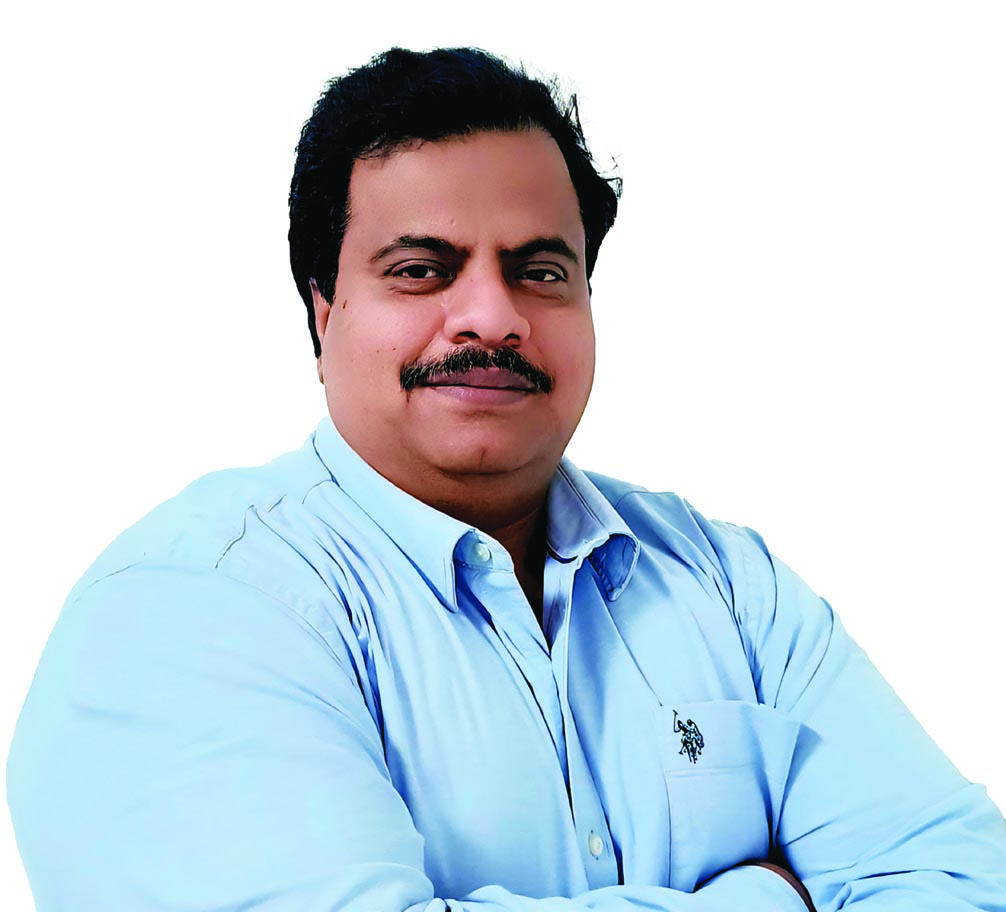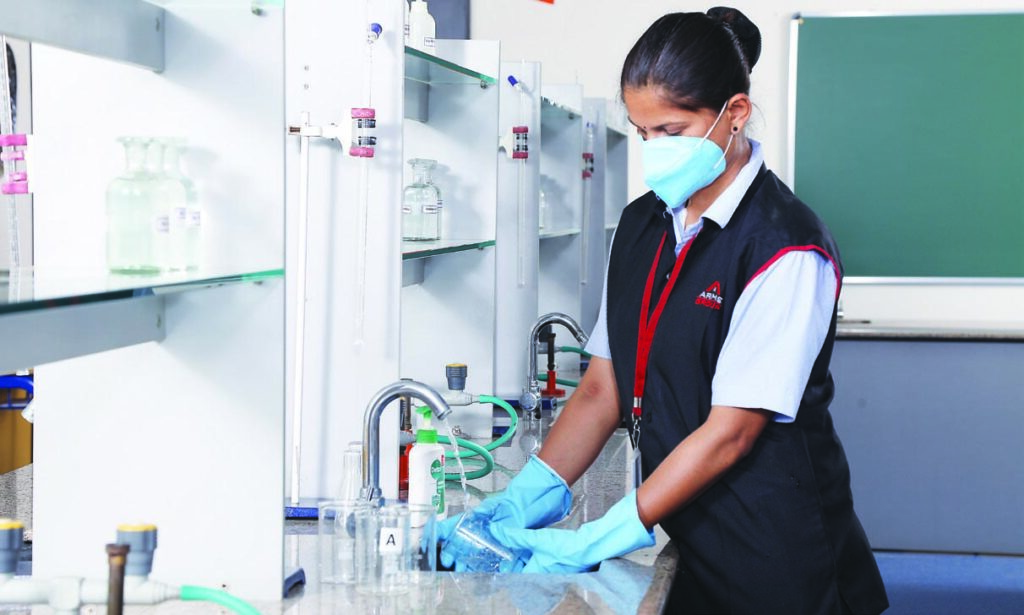
Facility Management in India has transformed from being purely manpower-driven to becoming a strategic, measurable, and tech-enabled service. With nearly three decades of experience across hospitality, mechanised cleaning and integrated FM, Sudhir Mani, COO, Allied Resource Management Services (ARMS), brings deep insight into how the industry must evolve. In conversation with Clean India Journal, he explains how ARMS is going beyond conventional FM models to build a future-ready and people- centric organisation.
As the new COO at ARMS, what is your vision for facility management, and what do you aim to build here?
I have seen this industry grow from a largely manual, manpower-heavy system to one that is now about outcomes, efficiency and foresight. Facility Management is no longer just manpower, machines, methods, and materials — it must be solution-oriented and measurable. We cannot wait for problems to arise; we must anticipate them. That is the mindset I am bringing to ARMS. Our focus is on being prepared for future requirements, especially with technology like automation and AI coming in. It is no longer enough to deliver what is asked for, we must anticipate what clients will need next. Whether it is cleaning, technical services, administration or support functions, we aim to be a one-stop partner for all non-core client needs,
backed by measurable performance indicators.
“We aim to be ready for what clients will need tomorrow, not just today by combining foresight, technology and people-driven performance.”
What are the differentiating factors in a competitive FM market?
It starts with people. As ARMS we specialise in finding the right talent for different roles and then scale them over time. We do not just fill positions; we grow people. We have a well-defined progression framework. For instance, a new housekeeper is expected to be ready for the next level — say, a machine operator or team buddy — within six months. Supervisors are roomed to take on leadership and reporting roles. Everyone is trained while on-the-job and are mentored to scale up their
responsibilities.
Even in our technical teams, we build multiskilled capabilities. Managers across finance, ops and admin are encouraged to cross-train and understand each other’s functions. It creates better decision-making and makes our teams more adaptable. The idea is simple: train practically, grow steadily, and create value at every level.
Our staff retention rate is consistently above 95%, which is rare in this industry, especially in the unskilled and semi-skilled segments. We invest in training and creating career paths so that people stay and grow with us. That stability is a huge advantage for us and for our clients.
We are a lean, agile organisation with minimal hierarchy, which helps us make quick decisions. We are open to client-specific innovations, and with a financially strong, self-sufficient foundation, we are not
afraid to invest big when the returns justify it.

How do you build long-term client value?
Many of our clients, even in our relatively new IFM vertical, have stayed with us since inception. That says a lot about trust and delivery. What we offer is not a transactional service — it is a partnership. For example, in one automotive client’s facility, we co-developed a cleaning model based on actual square footage, chemical usage, and machine hours. That gave them full cost
transparency and efficiency improvements, all measurable and trackable.
What are the most pressing operational challenges you face?
Getting skilled manpower continues to be a challenge, even though we have a strong system in place. Talent pipelines are tightening and sourcing the right people takes effort.
Another major issue is pricing. The market often sees unrealistically low bids from competitors, which disrupts fair wage structures. This is not sustainable for industry. We are addressing it by showing clients the value of total cost of ownership rather than focusing on just unit rates.
What is your training module for different levels?
We have tie-ups with institutions like Medhavi University and government skill schemes like NAPS, NATS and WISE. These help us blend on-the-job training with formal certification, especially in specialised industries like pharma, engineering, chemicals and others.
We also work with OEMs in the cleaning domain to deliver data-backed service models. For example, with per-square-foot consumption tracking, clients know exactly what they’re paying for — nothing is vague or lump-sum.
Which new sectors and geographies are you focusing on as part of your expansion?
We are strong in the automotive and manufacturing sectors in western India. Now, we are focusing on healthcare, retail, BFSI and our newest vertical, warehousing and logistics. Clients want bundled services and we aim to offer that under one umbrella.
Geographically, we are expanding across North, East, and South India to ensure uniformity in service delivery across regions.
What about healthcare and medical tourism?
Medical tourism is something I am personally passionate about. It goes beyond traditional FM. It includes handling patient arrivals, stay, food, licensing, and overall experience. That is where I see FM heading: total environment management, not just technical or housekeeping services.
What advice would you give to young professionals entering the FM industry?
Come in with an open mind. Do not see FM as a support function. It is a strategic enabler. It may only account for a small portion of a company’s budget, but it plays a critical role in enabling the core business performance.
It is also a field where you can grow quickly, learn constantly and take real responsibility. If you are willing to adapt and learn, this is an incredibly rewarding and future-ready career path.
As India’s FM landscape becomes more tech-driven and performance-focused, companies like ARMS are setting the benchmark for measurable, human-centric services.
 CIJConnect Bot-enabled WhatsApp
CIJConnect Bot-enabled WhatsApp












